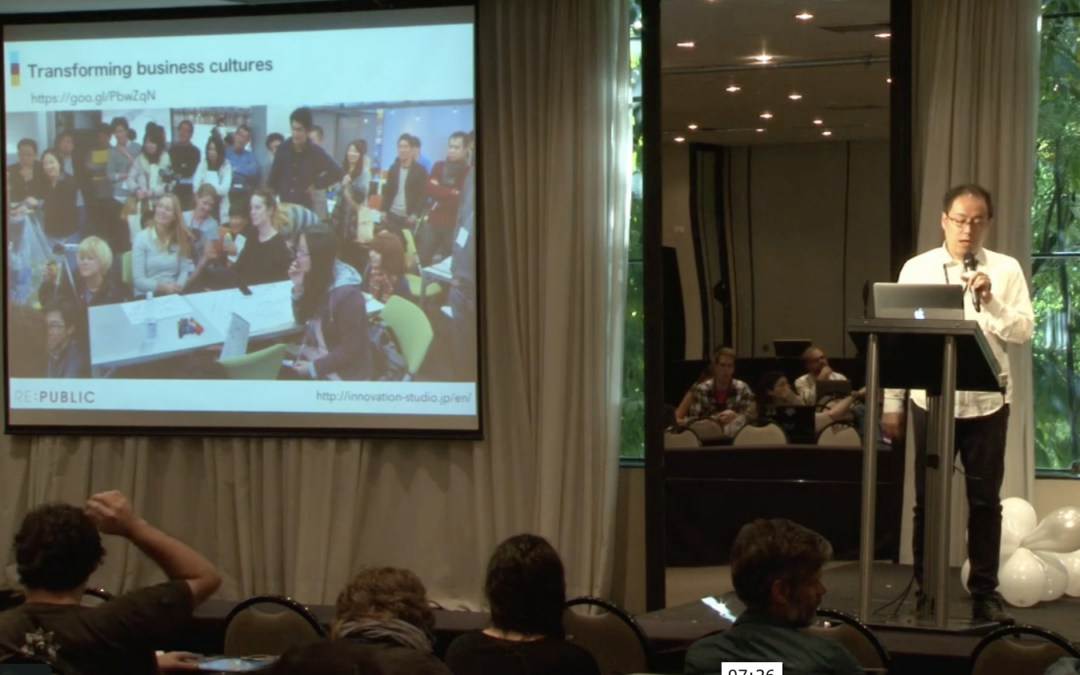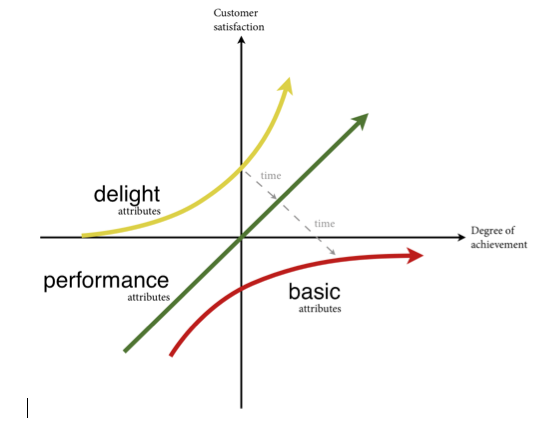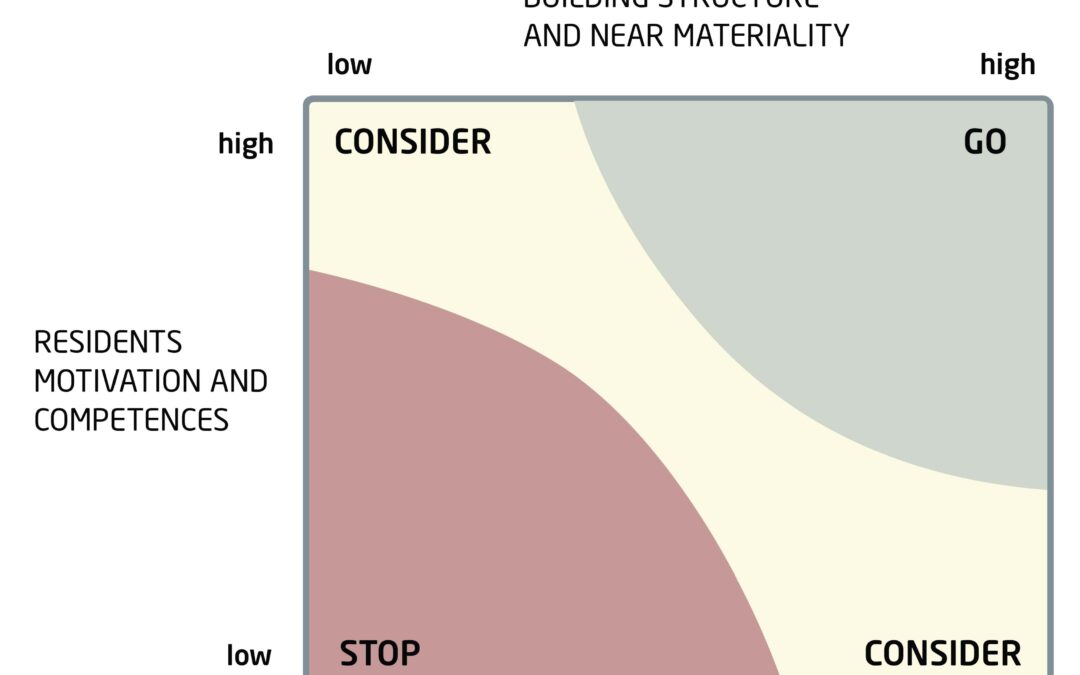I am an anthropologist and a semiotician. “A semio-what?” I have a set of answers to that question, ranging from ‘I explore meanings in culture’ to ‘I discover the subconscious cultural patterns we all use to find meaning around us, to understand how something makes sense to someone’. Sometimes...










